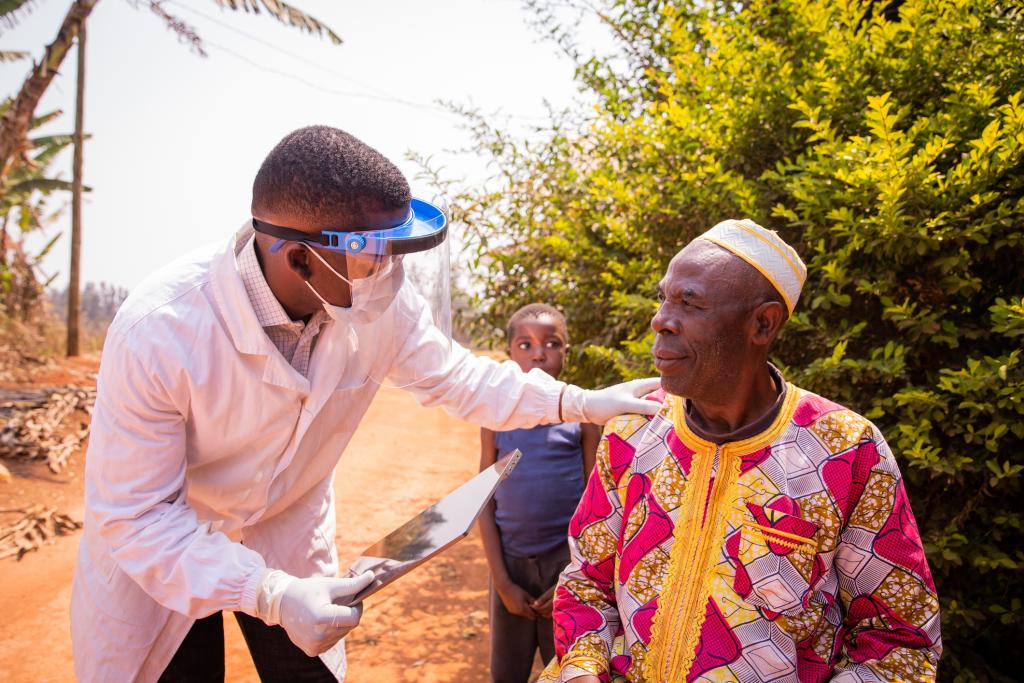NCDs include cardiovascular, renal, and metabolic diseases and kill 41 million people annually, making up 71% of all deaths globally. Though they affect all populations around the globe, they disproportionately affect low-and middle-income countries, particularly across the WHO African region (AFRO), where most NCD mortalities occur. These numbers have been on the rise since the year 2000.
The right to health is a fundamental human right, established by the WHO Constitution in 1946 and upheld by the 1948 Universal Declaration of Human Rights, but it is yet unrealised for many in Africa.
The “Advancing NCD Health Equity” roundtable put the emphasis on five key actions that must be prioritised by the global health community to advance progress on NCDs and uphold the right to health in Africa:
- The necessity to promote a Universal Health Coverage (UHC) approach, recognising the double burden of communicable diseases and NCDs in Africa, promoting prevention and providing care to everyone regardless of age, gender, race, ethnicity, or socioeconomic status.
- Investment in awareness and prevention by supporting training and capacity-building of African healthcare workers specialised in NCDs, including at the community level, to counter the significant, present shortage of healthcare workers in many regions of the African continent, as well as to bring the quality of care to a higher standard to favour the earlier detection of illness.
- The strengthening of evidence-based research and data collection. In 2022, only half of countries in Africa had strategies in place to deal with NCDs and only seven of the 47 countries making up the WHO African Region had death registration data that were at least 75% complete.
- The adoption of an intersectional, multistakeholder, and all-of-government approach to address NCDs and achieve health equity. Social determinants of health such as access to clean water and to affordable foods is crucial as a means of prevention, and thus, it is crucial that poverty rates, education, and risk factors such as mental health be taken into account.
- The exploration of sustainable financing approaches, prioritising local investments, as many African countries currently rely on international development and aid funding for their health programmes.
The discussion established that “equitable health systems are needed that are inclusive, trustworthy, and based on an ethical framework that is data driven, community led, and also responsive to the needs of the more vulnerable. Strengthening health systems to effectively manage NCDs requires a multifaceted approach, including increased investment in healthcare infrastructure, training for healthcare workers, and robust data collection and research. Raising awareness of NCD risk factors is crucial and must be accompanied by efforts to address the social determinants of health that drive a high NCD burden.”


